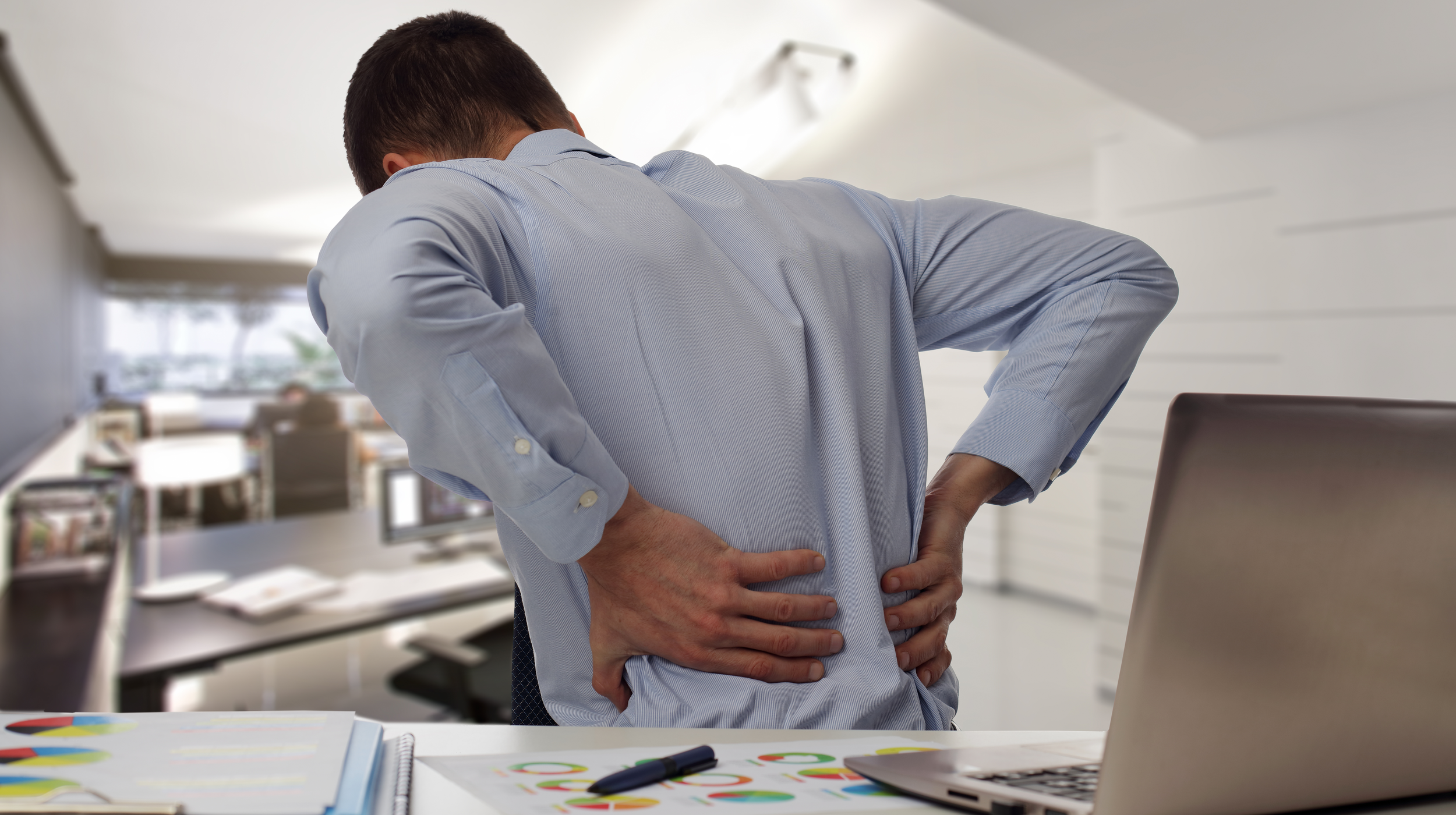What are the Top Causes of Chronic Back Pain?
Jun 18, 2021 mindpumpInflammation From Food
People don’t usually think about how the type of food they eat can affect their overall health and chronic injuries. Have you ever felt brain fog, or had skin issues like eczema or psoriasis? You may think these are just random issues that came to you with age, or that you genetically had. The truth is 75% of your immune system is behind your gut. What you eat most certainly has a direct effect on how your body reacts.
I know I for example get huge eczema flare ups after I eat dairy, or high amounts of soy sauce. I end up itching all night. When I keep those things out, it goes away. If it’s inflaming your skin, it’s not a far stretch to think it could be inflaming your joints, or lower back.
Eat foods high in Omega 3’s (fish, olive oil, etc) to help bring the inflammation down. You can eliminate all culprits at once (gluten, vegetable oils, lactose, etc) or one by one if you want to see what exactly is causing it. Make sure to have a protein serving the size and thickness of your palm with each meal. This will increase satiety, and provide your body with high quality protein to repair your muscles and enzymes. Meats, poultry, lentils, eggs, and fish are all great sources. Add a 1-2 fistful’s of veggies to your meals to help get the micronutrients the body needs to help you further lower that inflammation.
Don’t Forget About Water!
The moment you wake up, try to start your day right by drinking 20oz of water. Your body sweats out a lot during sleep, which is partially why we feel groggy and sluggish in the morning. Adding water will help hydrate those cells and get you feeling awake quicker than coffee.
Muscles Not Firing Properly
We’re sitting 90% of the day. Because of this our hip flexors become overactive since they’re basically flexed the entire day. You are sitting on your butt, so the glutes aren’t being utilized at all. The glutes are probably one of the most important muscles in proper hip mobility. Firing your glutes allows for the hips to take more of the load. If they aren’t, then that load gets diverted to the low back! How can we possibly fix your low back pain if you aren’t using one of the most important muscles responsible for taking the load off?
A 90/90 stretch, or hip crossover stretch is great for opening this up.
Hamstrings and abs need to be firing as well. Don’t just stretch the hamstring if it’s “tight”. Tight just means your central nervous system put a limit on how far it’s letting you take that muscle because it thinks you will get injured if you go farther. You have to practice hip bridges and full depth squats so your nervous system can trust you are able to go back to these full ranges of motion without risk of injury. Work your way up by holding some weight as you get comfortable.
While these recommendations are great, everybody is different. Feel free to check out our other free resources on YouTube for other exercises that may help alleviate back pain.
Optimize Sleep
People who are mildly sleep deprived have been shown to perceive more pain. Not only that, but their inflammatory markers go up with less sleep. When you are sleeping it is your body’s chance to repair broken down tissue, and clean out any waste products and inflammation you’ve accumulated throughout the day.
Poor sleep also leads to poor eating choices. Your cortisol spikes causing you to crave high sugar items in order to bring your cortisol and stress back down to normal levels (remember how food can cause inflammation?) You should be noticing now this negative cascade effect that happens throughout your day before you even move your body.
2 hours before bed, make sure to either turn off all electronics, or wear blue light blocking glasses. This helps tell your brain that it is night time and that your melatonin needs to increase (and cortisol decrease) to get ready for bed. Make sure to get sunlight during the day so your body can reset it’s circadian rhythm.







